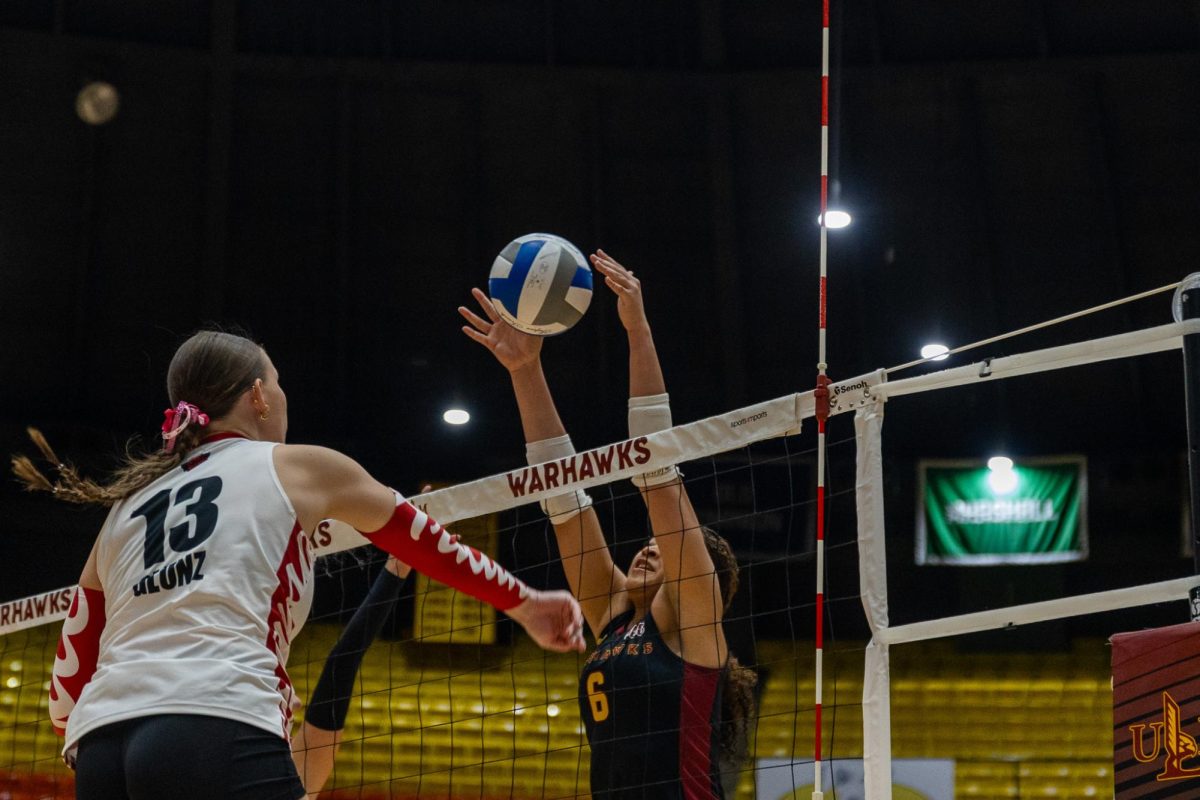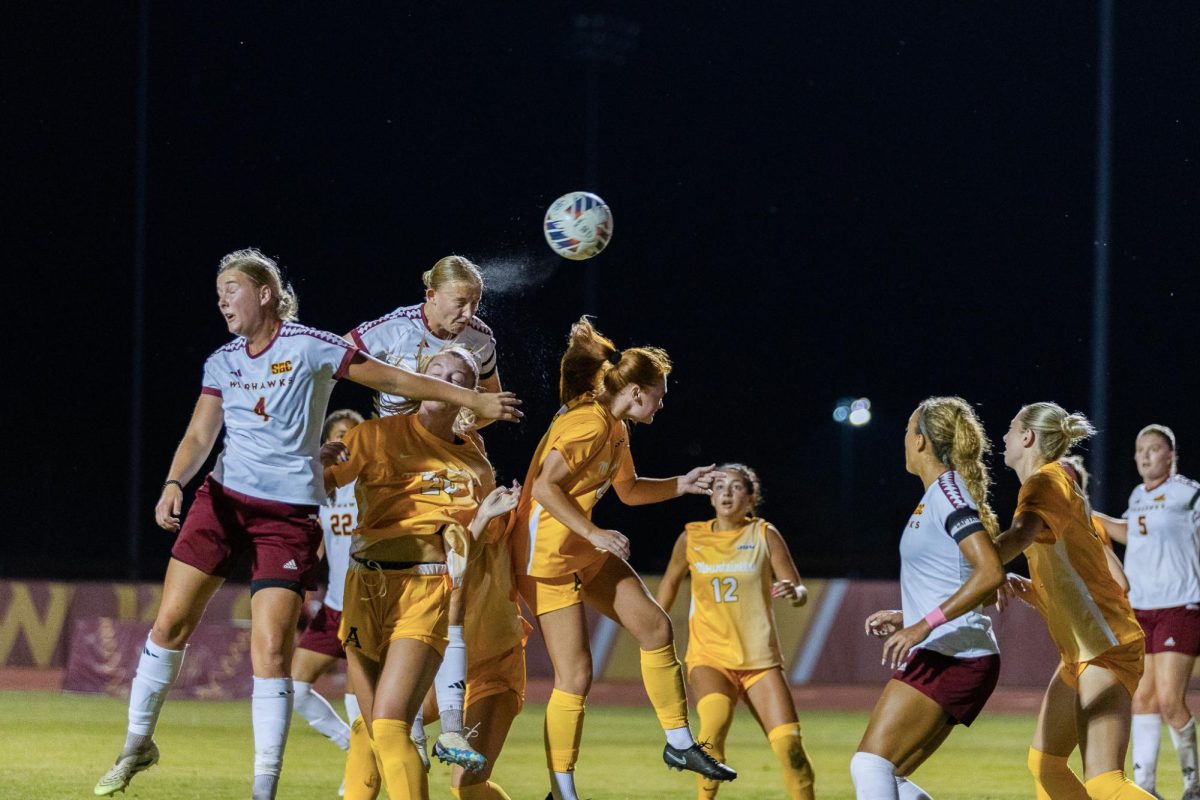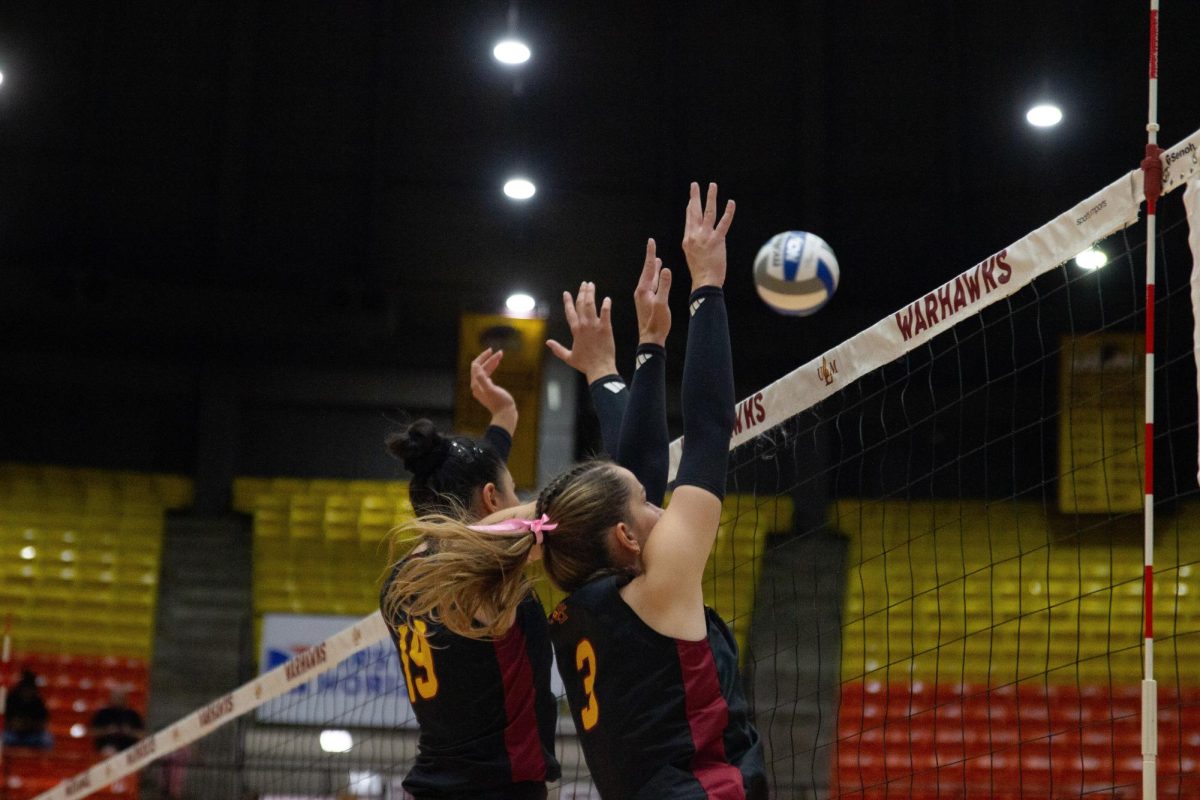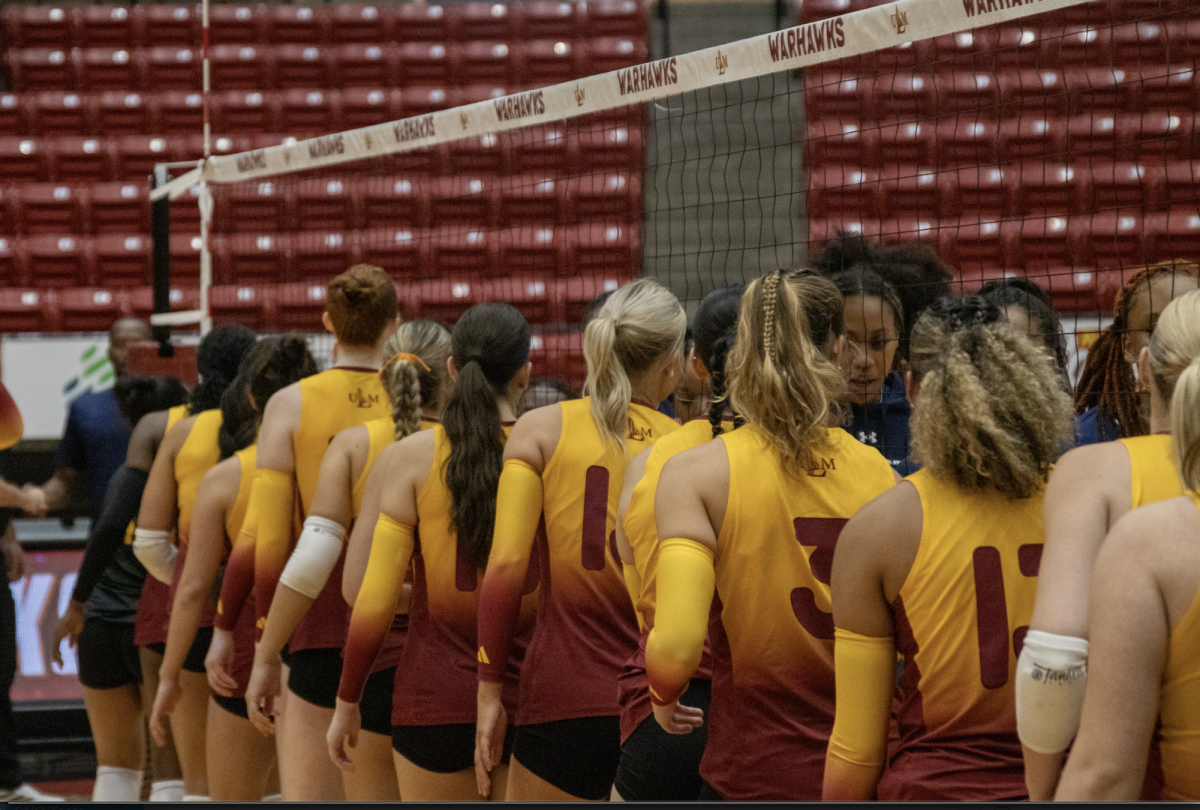While most people sit down in front of their TVs to watch their respective countries and feel patriotic, what they don’t see is the dangerous situations and hazardous diseases athletes are surrounded by on the Olympic stage.
The last two Olympic host cities (Sochi, Russia and Rio de Janeiro, Brazil) have been quite possibly the worst locations to host an international array of sports since Nazi Germany hosted the Olympic games in 1936.
In 2014, when Sochi was hosting the winter Olympics, many athletes complained about the quality of living in the Olympic village.
Sure, I understand some of them may be held to a higher standard of living, due to their financial status, but as a former athlete, I don’t think I would prefer sleeping on a cot the night before a big game. I would also not want to wake up and take a shower with dirty bath water.
The committee that votes on where to host the Olympics needs to do a better job of thinking about the athletes, rather than revenue.
This year’s summer games are at a terrible location, and it’s not just because of the high crime rates around the city. The widespread disease known as the Zika virus should have been a reason to change the location this past spring.
While the disease may not have everyone scared, no one can ignore that it has deterred athletes from competing in the 2016 summer games.
One of the top ranked golfers in the world, Jason Dey, decided to not compete in the Olympics due to fear of the virus.
It’s hard to lay your head down at night when you win a gold medal in an event and realize there may be someone else out there in the world who’s better than you, but that’s not what kept him away. He didn’t want to compete because he feared for his health and safety.
These great men and women are trying to represent their country in the best way possible, and I think we need to do a better job of supporting them. Sure we all love to support them by tweeting about how awesome they are at swimming or how fast they can run, but how about we support them by backing the social issues they face.






